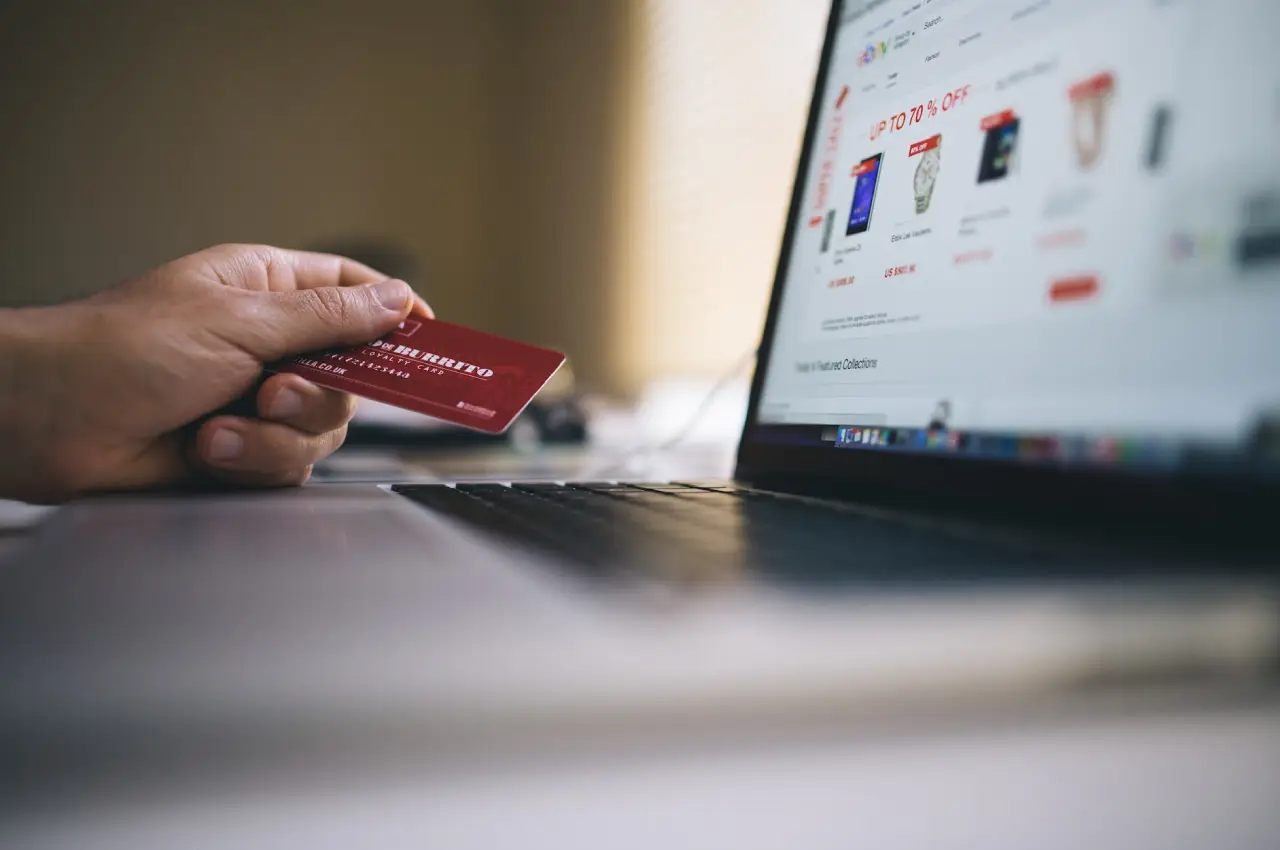
Shop Smarter: Online Guide For Enhanced Security
In our increasingly digital world, online shopping has become a way of life. It’s convenient, efficient, and offers a vast array of products at your fingertips. However, with the convenience of online shopping comes the need for heightened security measures. From protecting your financial information to ensuring the safety of your personal data, here are essential online security tips to keep in mind when you shop smarter online.
Keep Your Software Up to Date
Regularly updating your operating system, web browser, and antivirus software is the first line of defense against cyber threats. These updates often contain critical security patches that protect your device from vulnerabilities.
Use Strong, Unique Passwords
Avoid using easily guessable passwords like “123456” or “password.” Instead, create strong, complex passwords that include a mix of letters, numbers, and special characters. Consider using a reputable password manager to generate and store your passwords securely.
Enable Two-Factor Authentication (2FA)
2FA adds an extra layer of security to your accounts. It typically involves receiving a one-time code on your mobile device or email that you must enter alongside your password when logging in.
Shop Only on Secure Websites (HTTPS)
Ensure that the website you’re shopping on has “HTTPS://” in the URL. This indicates that the site encrypts your data, making it more challenging for hackers to intercept your information.
Be Cautious of Phishing Scams
Phishing emails often impersonate legitimate companies and ask for your personal information. Be skeptical of unsolicited emails and never click on suspicious links or download attachments from unknown sources to shop smarter online.
Use a Dedicated Email for Online Shopping
Consider creating a separate email address for your online shopping activities. This way, if your email is compromised, your personal and financial accounts remain safe.
Review Your Bank and Credit Card Statements Regularly
Frequently monitor your financial statements for any unauthorized transactions. The sooner you identify and report suspicious activity, the faster your bank or credit card company can resolve the issue.
Avoid Public Wi-Fi for Sensitive Transactions
Public Wi-Fi networks are often less secure, making it easier for hackers to intercept data. Save your online shopping for secure, private networks, or use a VPN (Virtual Private Network) for added protection.
Research Retailers Before Making Purchases
Before making a purchase from an unfamiliar online store, research their reputation. Read reviews and check for customer feedback to ensure they are trustworthy.
Be Wary of Too-Good-to-Be-True Deals
If a deal seems too good to be true, it probably is. Scammers often lure victims with unbelievable discounts. Stick to reputable retailers and avoid deals that appear suspicious.
Use Credit Cards, Not Debit Cards
Credit cards offer more fraud protection than debit cards. In the event of unauthorized charges, it’s easier to dispute them and avoid financial losses with a credit card.
Log Out of Accounts When Finished
After completing your online shopping, log out of your accounts, especially if you’re using a shared computer or a public device. This prevents unauthorized access to your accounts.
Regularly Back Up Your Data
Backing up your important data, including receipts and purchase confirmations, ensures that you can still access this information even if your device is compromised.
Educate Yourself About Online Security
Stay informed about the latest cybersecurity threats and best practices. Knowledge is your best defense against online threats.
Use Different Payment Methods
Diversify your payment methods. Consider using digital wallets like PayPal or Apple Pay in addition to credit cards. This can add an extra layer of protection to your financial information.
Check for SSL Certificates
Before making any payment, ensure the website you’re on has a valid SSL certificate. You can usually spot this by looking for a padlock icon in the browser’s address bar.
Monitor Your Credit Score
Regularly check your credit score and report any suspicious activity immediately. A sudden drop in your credit score can be an indicator of identity theft.
Dispose of Packaging Thoughtfully
When your online purchases arrive, dispose of the packaging carefully. Empty boxes and labels can reveal to potential burglars what valuable items you have inside your home.
Secure Your Devices
Use a secure PIN, fingerprint, or facial recognition to lock your devices. If your phone or tablet falls into the wrong hands, these security measures can protect your personal information.
Read Privacy Policies
Take the time to read the privacy policies of the websites you shop on. Understanding how your data is used and protected can help you make informed decisions.
By following these online security tips, you can enjoy a worry-free online shopping experience. Remember that staying vigilant and proactive is key to protecting your personal and financial information from cyber threats.
In conclusion, safeguarding your online shopping experience is crucial in today’s digital age. By staying informed about the latest threats and implementing these essential security tips, you can protect your personal information and enjoy the convenience of online shopping without unnecessary risks. Stay secure, shop smarter!





